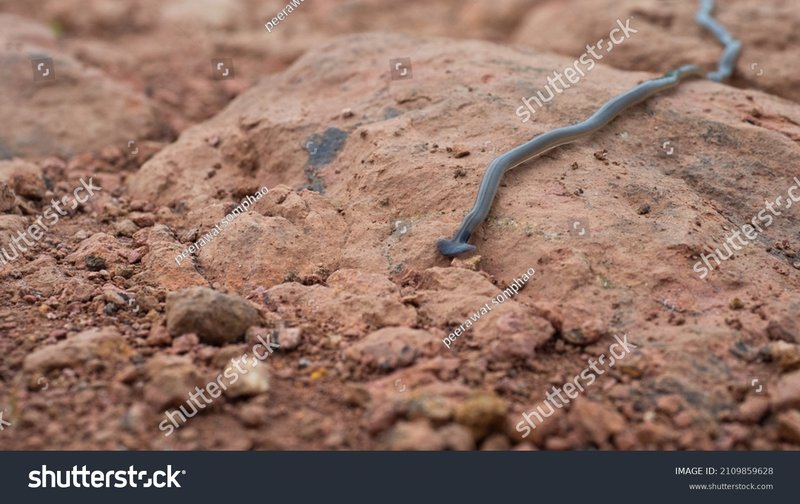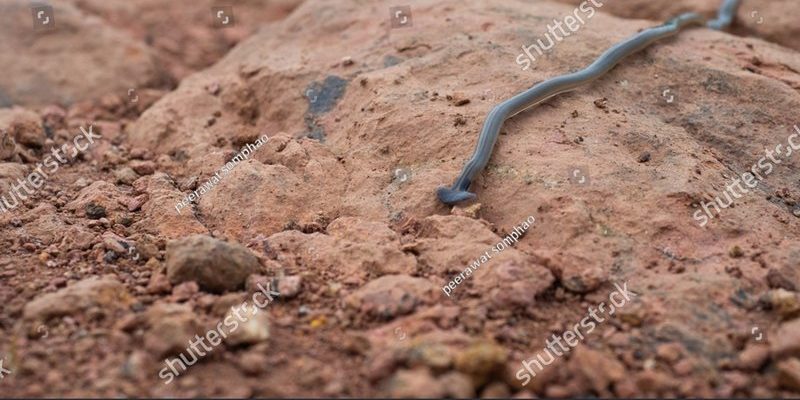
Imagine you’re at a local nursery, picking out some fresh soil to help your garden bloom. You might not realize that you could be inviting unwanted guests into your green space. That’s the reality with hammerhead worms. These unique worms are on the move, hitching rides in soil and mulch sold at garden centers. Let’s explore the world of hammerhead worms, how they spread, and what you need to know to keep your garden healthy.
What Are Hammerhead Worms?
Hammerhead worms, scientifically known as Bipalium, are flatworms characterized by their distinctive hammer-shaped heads. You might initially think they look a little like someone took a piece of ribbon candy and flattened it out. These worms can grow 6 to 12 inches long and often come in shades of brown, black, or gray with stripes.
Here’s the thing: while they might look interesting, they can cause quite a bit of trouble. Found mainly in tropical and subtropical regions, these guys have made their way to various parts of the U.S. Their primary diet includes other worms, which can hurt earthworm populations and disrupt the natural balance in your soil. You might be wondering how they got here, and that’s where the soil and mulch trade comes into play.
How Hammerhead Worms Spread
So, how exactly do hammerhead worms make their move? They often hitch a ride in soil or mulch that gets sold at garden centers and nurseries. When you purchase these products for your backyard or garden, you might inadvertently bring these pests along.
Many soil suppliers work to provide clean, healthy products, but hammerhead worms can be sneaky. They can remain hidden in soil clumps or small debris until you introduce them to your garden. Once they settle in, it doesn’t take long for them to start multiplying. It’s like taking home an unexpected dinner guest who just won’t leave!
Here are some ways hammerhead worms spread through soil and mulch trade:
- Hitchhiking in Bulk: They can easily travel in bulk soil and mulch deliveries.
- Infected Compost: Sometimes, compost piles are contaminated with hammerhead worms before they’re sold.
- Local Gardening Exchanges: You might unknowingly swap plants or soil from someone else’s garden who’s had a hammerhead worm infestation.
The Impact on Garden Ecosystems
The presence of hammerhead worms in your garden can create a *domino effect* on the local ecosystem. As predators of earthworms, they can significantly reduce earthworm populations, which are essential for soil health. Earthworms help aerate the soil, promote nutrient cycling, and even improve water retention.
If hammerhead worms take over, this balance gets disrupted. It’s like pulling out a piece from a jenga tower: things start to wobble. Gardeners might notice a decline in plant growth, as crucial nutrients are not being efficiently circulated through the soil anymore.
Additionally, the presence of these worms can signal trouble for other beneficial organisms. A garden that loses its earthworms may also see a decline in beneficial bacteria and fungi, which play vital roles in keeping soil healthy.
Identifying Hammerhead Worms
Being able to spot a hammerhead worm is one way you can protect your garden. Here are some key characteristics to look for:
- Shape: Their heads are broad and flat, resembling a hammer or a spatula.
- Color: They usually have a dark color with lighter stripes along their bodies.
- Movement: These worms move in a distinctive, gliding manner, different from the wriggly motion of earthworms.
If you suspect you have hammerhead worms in your garden, it’s crucial to act quickly. You can consult local extension services or gardening experts to help confirm your findings.
What to Do If You Find Hammerhead Worms
If you discover hammerhead worms in your garden, don’t panic! There are ways to manage the situation. Here are some steps you can take:
1. Manual Removal: Put on some gloves and carefully remove the worms. It’s best to dispose of them in a sealed bag to prevent them from spreading.
2. Limit Movement: Try not to move soil or mulch from infected areas to other parts of your garden.
3. Check Your Plants: Examine any new plants or soil you bring into your garden. A little inspection can go a long way.
4. Educate Others: Share your knowledge about hammerhead worms with fellow gardeners. The more people know, the less likely they are to spread.
Taking these steps helps create a more resilient garden environment, ensuring your plants can thrive without the shadow of hammerhead worms looming over them.
Preventing Hammerhead Worm Infestation
The best line of defense is prevention. Here are some practices to help you keep your garden hammerhead worm-free:
- Buy Local: Whenever possible, purchase soil and mulch from local suppliers who can verify that their products are free from hammerhead worms.
- Inspect Before You Buy: Look closely at the product before bringing it home. Any strange-looking creatures could be a red flag.
- Quarantine New Additions: Consider keeping new plants or soil in a separate area for a short period before integrating them into your garden.
By taking these precautions, you can help keep your garden healthy and thriving, without the worry of hammerhead worms lurking around.
Hammerhead worms might be strange creatures, but understanding their spread and impact can help you protect your garden. By being vigilant about what you bring into your outdoor space, you can enjoy a vibrant garden full of healthy plants and beneficial creatures. As a gardener, your role in maintaining this balance is crucial. Keep your eyes peeled, and don’t hesitate to act if you spot one of these unwelcome guests. Happy gardening!

